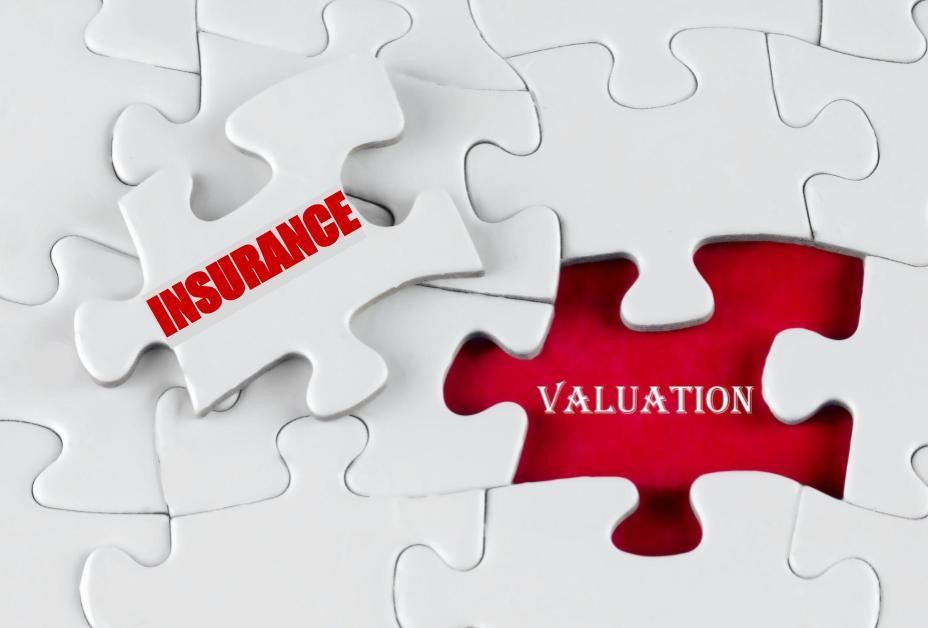The Importance of Valuing Your Assets for Insurance Correctly
The Importance of Valuing Your Assets for Insurance Correctly
In today’s fast-paced and ever-evolving economic environment, the importance of accurately valuing assets for insurance purposes cannot be overstated. This process is critical for ensuring adequate protection. It also aims to maintain financial stability and compliance with legal standards.
So, let’s explore the benefits of proper asset valuation. We’ve also listed some of the potential pitfalls of inaccuracies in this domain.

Why Accurate Valuation Matters
- Ensuring Adequate Coverage: The primary purpose of insurance is to provide financial protection against potential losses. Accurate asset valuation ensures that insurance coverage is sufficient. It should offer to cover the replacement or repair costs in the event of damage or loss. Underestimating the value can lead to underinsurance. It then leaves individuals or businesses vulnerable to significant out-of-pocket expenses.
- Financial Planning and Stability: Knowing the true value of assets aids in effective financial planning. It helps in understanding the actual worth of one’s portfolio. This is essential for making informed investment and business decisions.
- Compliance with Legal and Regulatory Standards: Accurate asset valuation is often a legal requirement for businesses and is a fiduciary responsibility of company executives. Fiduciary responsibilities in the context of insuring company assets are quite significant. Executives must exercise a reasonable degree of care in their decisions, including the proper insurance of company assets. The fiduciary responsibilities related to insuring company assets are extensive and require diligent, informed and proactive management. This ensures that the company is well-protected against risks and that fiduciaries are fulfilling their obligations to stakeholders.
- Risk Management: Accurate valuation is a key component of risk management strategies. It allows for a realistic assessment of potential risks. And it provides the formulation of appropriate mitigation strategies.
The Consequences of Inaccurate Valuation
- Risk of Underinsurance: One of the major risks of undervaluing assets is underinsurance. This can lead to substantial financial losses in the event of an unforeseen incident, as the insurance payout may not be sufficient to cover the actual loss.
- Overpaying Premiums: Conversely, overvaluing assets can result in unnecessarily high insurance premiums. While this means better coverage, it also leads to higher out-of-pocket expenses for insurance, which could be allocated more efficiently elsewhere.
- Impacts on Claims Processing: Inaccurate valuations can complicate the claims process. Insurers may dispute claims if they suspect that the values declared do not reflect the true worth of the assets, leading to delays or even denial of claims.
- Legal and Financial Repercussions: For businesses, incorrect asset valuation can lead to breaches of financial and legal regulations, potentially resulting in fines, legal challenges and damage to credibility.
Best Practices for Accurate Asset Valuation
- Professional Valuation Services: Engaging services like Australian Valuations ensures a professional and unbiased assessment of your assets. Experts in this field use current market data and advanced techniques to provide accurate valuations.
- Regular Reassessment: Asset values can fluctuate over time due to various factors like market trends, depreciation and wear and tear. Regular reassessment helps in keeping the insurance coverage relevant and up-to-date.
- Comprehensive Documentation: Maintaining detailed records and documentation of assets, including purchase dates, costs and improvements, aids in accurate valuation.
- Understanding Insurance Policies: It’s crucial to understand the terms and conditions of your insurance policies. Some policies may require specific valuation methods or have unique coverage limitations.
The accurate valuation of assets for insurance purposes is a critical yet often overlooked aspect of financial planning and risk management. It requires a careful and informed approach, balancing the need for adequate coverage against the cost of insurance premiums.
By embracing best practices and seeking the professional assistance of Australian Valuations, you can be sure that your property is correctly covered. Individuals and businesses can ensure that their assets are appropriately valued, thereby safeguarding their financial future against unforeseen events.
With Australian Valuations, you won’t have to worry about incorrect insurance valuations for your assets. Call us today!